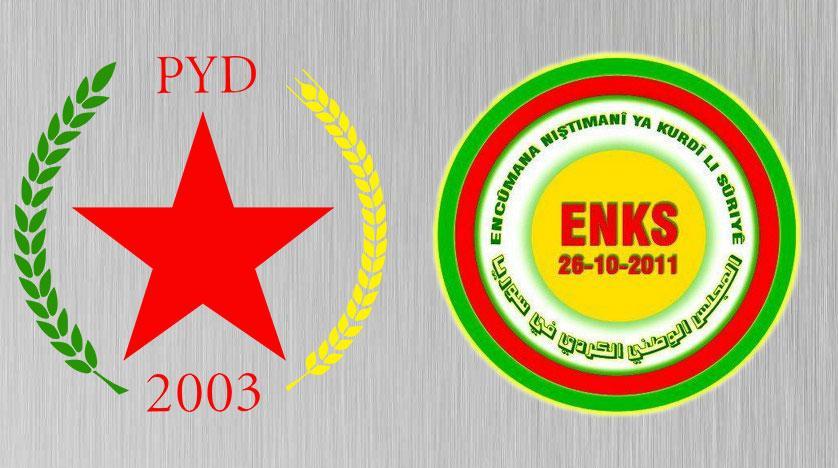A necessary fact check of Kouchner and Franceschi’s piece on northern Syria in Le Monde
“If we let Turkey invade Syrian Kurdistan, we can be sure of the return...
After nearly three years of efforts, talks on uniting the Syrian Kurds have stalled and here’s why
In the summer of 2020, I wrote an in-depth piece entitled “Why is it...
THE INTERVIEW WITH SYRIAN KURDISH POLITICIAN ABDOLAZIZ TAMMO – PART 2
This is part 2 of the interview with Syrian Kurdish politician Abdolaziz Tammo, chairman...
Dısputes between the US and Turkey and the EU and Turkey reflect badly on Syrıans
Abdolaziz Tammo is a Syrian Kurdish politician originally from Qamishli. He is the brother...
SURİYELİ KÜRT PARTİLERİNİN BİRLEŞMESİ NEDEN BU KADAR ZOR?
“KNC ile PYD arasındaki (gizli) diyalog ya da görüşmelerin ikinci safhası yaklaşık bir hafta...
WHY IS IT SO DIFFICULT FOR THE SYRIAN KURDISH PARTIES TO UNITE?
“The second phase of the (secret) dialogue, or negotiations between the PYD and KNC...


